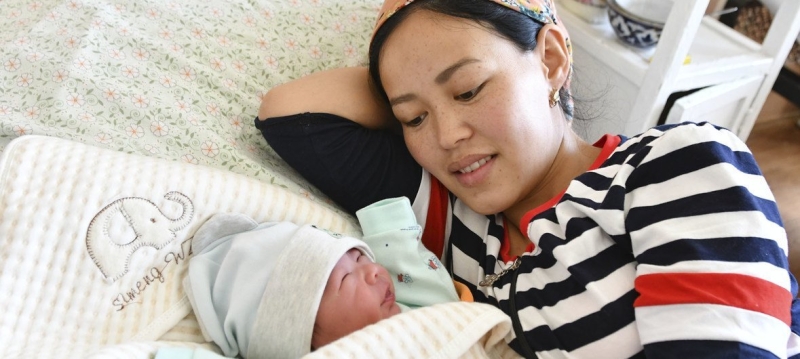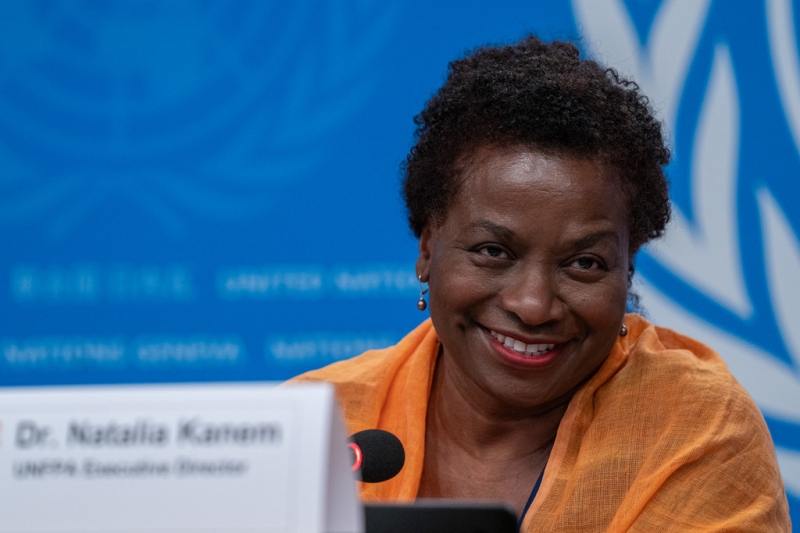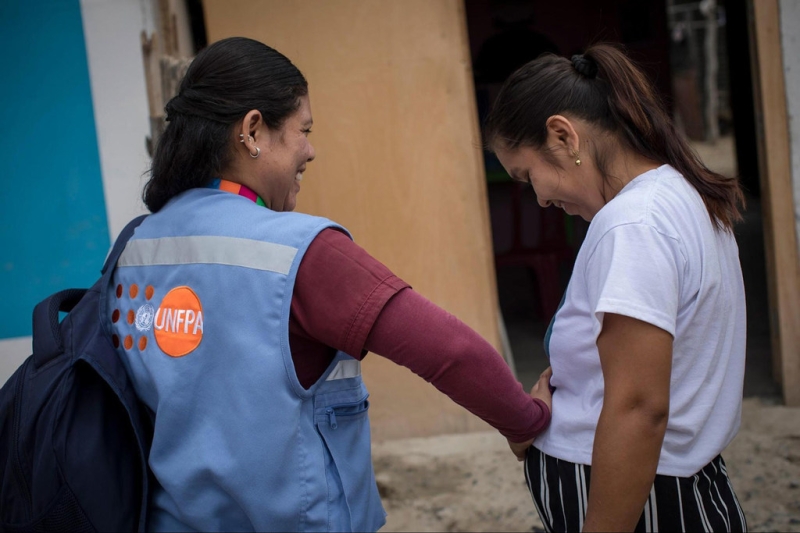
Mother with newborn child in Kyrgyzstan. UN: 800 women die every day in childbirth Women
Compared with Europe and North America, women in Africa are 130 times more likely to die due to complications of pregnancy or childbirth. This is stated in a new report from the United Nations Population Fund (UNFPA).
The report’s authors note that more than half of all preventable maternal deaths occur in countries in crisis or disaster. They also highlight the role of racism, sexism and other forms of discrimination in blocking progress on sexual and reproductive health.
Women and girls living in poverty are more likely to die prematurely as a result of lack of adequate health care if they belong to minority groups or are caught in conflict, according to findings .
Progress stalled
Overall, significant advances have been made in sexual and reproductive health since these issues became a global priority for sustainable development three decades ago.
“In one generation, we have reduced the incidence of unintended pregnancy by almost a fifth, reduced the maternal mortality rate by a third and won laws against domestic violence in more than 160 countries,” said UNFPA Executive Director Natalia Kanem.

UNFPA Executive Director Natalia Kanem.
But in several key areas progress is slowing or even stalling. In a world where one in four women cannot refuse sex with their partner and almost one in ten have no say in contraception, 800 women die every day in childbirth, a figure that has remained unchanged since 2016. Almost 500 of these preventable deaths occur every day in countries experiencing humanitarian crises and conflict.
“The world has made no progress in saving women from preventable deaths during pregnancy and childbirth,” Kanem said.
She added that in 40 percent of the countries that provided data, women’s right to control their own bodies is deteriorating.
Hot spots of inequality
The report notes inequalities between the global North and South, West and East in access to contraception, childbirth safety, maternal care and other essential services.
However, within these regions there are “pockets of inequality,” the researchers emphasize. Women of African descent in the Americas face higher rates of maternal mortality compared to white women. In the United States in particular, the rate among African American women is three times higher than the national average.

A UNFPA midwife and a pregnant woman in Peru.
Indigenous and ethnic minorities also face increased risks associated with pregnancy and childbirth. In Albania, more than 90 percent of Roma women from the most marginalized socioeconomic groups have serious problems accessing health care, compared with 5 percent of ethnic Albanian women from the most privileged backgrounds.
Additionally, women with disabilities are ten times more likely to experience gender-based violence, and people with differences in sexual orientation and gender expression face barriers to health care.
No one-size-fits-all solution
The report emphasizes the importance of tailoring programs and services to the needs of each community, as well as expanding opportunities women and girls themselves to develop and implement new solutions.
The study authors also estimated that if an additional $79 billion were invested in low- and middle-income countries by 2030, 400 million unintended pregnancies could be prevented. save a million lives and generate $660 billion in economic benefits.
Ensuring reproductive health rights remains a serious problem, says the head of UNFPA.
“Men have a responsibility to be real champions for women’s reproductive rights and for reproductive rights in general,” she added.
Read also:
